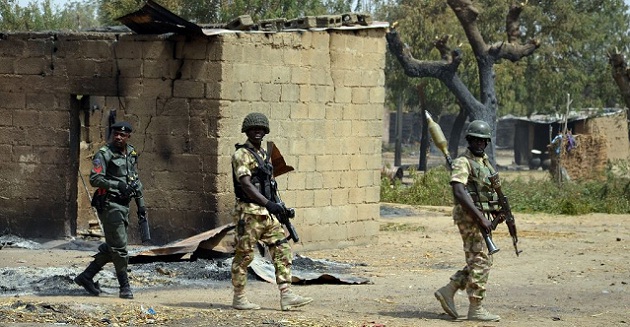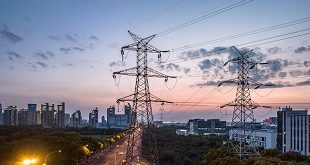
Lagos, Nigeria | AFP | Tens of thousands of people have fled their homes in northeast Nigeria after an increase in violence in the Boko Haram conflict, the United Nations said on Wednesday.
“More than 30,000 internally displaced people (IDPs) have arrived in Maiduguri, mainly from Baga, in recent weeks,” said the UN’s humanitarian coordinator in Nigeria, Edward Kallon.
Baga, on the shores of Lake Chad, has been repeatedly hit in the nine-year conflict, which has killed more than 27,000, left 1.8 million people homeless and triggered a humanitarian crisis.
Fighters from the self-styled Islamic State West Africa Province faction of Boko Haram overran two military bases in and around the fishing town on late December.
Kallon said fighting on December 26 triggered a “massive displacement” of civilians, with men, women and children flocking to already overcrowded camps in Monguno and Maiduguri.
Monguno is a garrison town 65 kilometres (40 miles) southwest of Baga while Maiduguri, the Borno state capital, is 200 kilometres away on the same road.
Both are considered key prizes for the jihadists, who have increased their attacks on military bases and soldiers since July last year.
A second attack on Monguno on December 28 forced IDPs to Maiduguri. Some 20,000 arrived at one camp, Teachers Village, stretching its capacity beyond the limit.
Kallon said it was unclear how many remained in Monguno but “tens of thousands of people are in need of humanitarian assistance, notably shelter, food, water and sanitation”.
“The impact of the recent fighting on innocent civilians is devastating and has created a humanitarian tragedy,” he added.
Local and international aid agencies have been providing life-saving assistance to IDPs in the remote region for several years.
But since November, some 260 aid workers have had to withdraw from three local government areas in northern Borno near Lake Chad where ISWAP are known to operate.
Kallon said “hundreds of thousands of people” had been affected and the withdrawal was the largest since the international response was increased in 2016.
Nigeria’s President Muhammadu Buhari said in December 2015 that Boko Haram were “technically defeated” after a sustained counter-insurgency.
But on Wednesday he acknowledged setbacks in the fight-back, including “battle fatigue” among soldiers from a wave of guerrilla style hit-and-run tactics and suicide bombings.
Buhari was elected in 2015 on a promise to end the conflict and security has again become an election issue as he seeks a second term of office at polls next month.
 The Independent Uganda: You get the Truth we Pay the Price
The Independent Uganda: You get the Truth we Pay the Price


